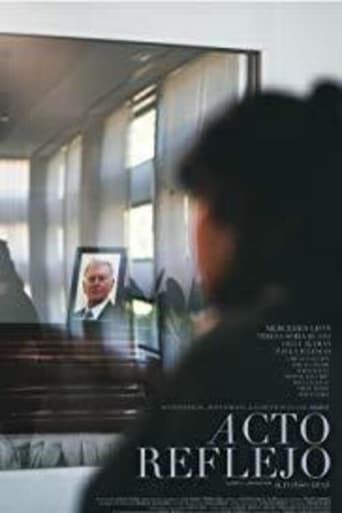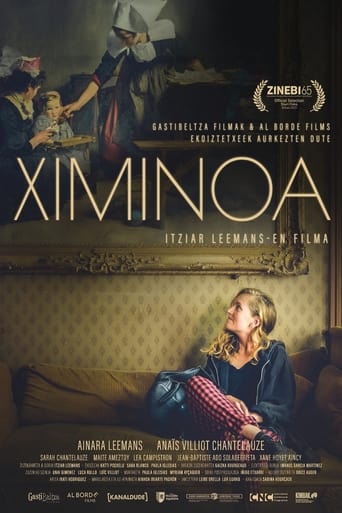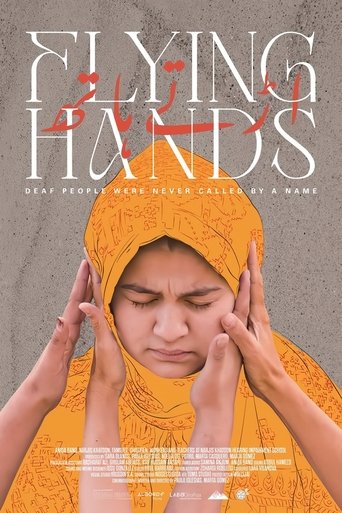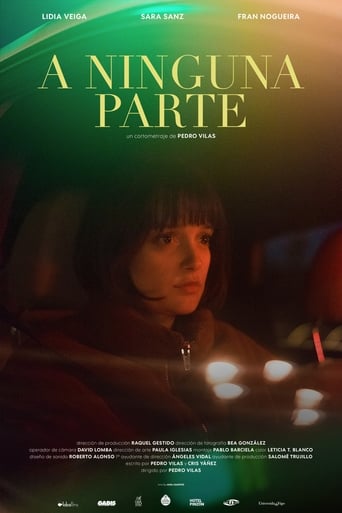Paula Iglesias
Recently added
Lanbroa
Oct 16, 2021The clocks that used to fill the life of the villages have stopped. Willing to overcome a disease, Bego and Xabier begin repairing monumental watches that belong to a watchmaking tradition family. The Yeregi’s history tells us how industrialization has changed people’s life and their vital rhytms. Music and poetry subverts its synchrony. The reparation and restoration in voluntary and popular work groups recover forgotten rhythms.
Le Singe
Sep 27, 2023The clocks that used to fill the life of the villages have stopped. Willing to overcome a disease, Bego and Xabier begin repairing monumental watches that belong to a watchmaking tradition family. The Yeregi’s history tells us how industrialization has changed people’s life and their vital rhytms. Music and poetry subverts its synchrony. The reparation and restoration in voluntary and popular work groups recover forgotten rhythms.
Drama
Le Singe
Sep 27, 2023The clocks that used to fill the life of the villages have stopped. Willing to overcome a disease, Bego and Xabier begin repairing monumental watches that belong to a watchmaking tradition family. The Yeregi’s history tells us how industrialization has changed people’s life and their vital rhytms. Music and poetry subverts its synchrony. The reparation and restoration in voluntary and popular work groups recover forgotten rhythms.
Drama
Hondarrak
Aug 21, 2024Documentary
Flying Hands
May 01, 2024After giving birth to a deaf daughter, a Pakistani mother questions the custom that would have her hide her child out of family shame, and ends up building a community that uplifts deaf children through education and respect.
Documentary
Hondarrak
Aug 21, 2024Documentary
A ninguna parte
Jul 12, 2019Drama
Sólo son peces
Oct 08, 2019Teslem, Dehba and Jadija work in a fish farm in the Saharawi refugee camps. Where? In Algeria, in the middle of the desert, far away from their land. They no longer have sea, but they have fish.
Sólo son peces
Oct 08, 2019Teslem, Dehba and Jadija work in a fish farm in the Saharawi refugee camps. Where? In Algeria, in the middle of the desert, far away from their land. They no longer have sea, but they have fish.






